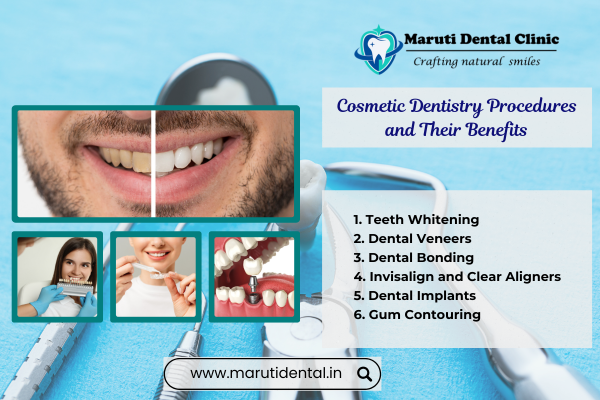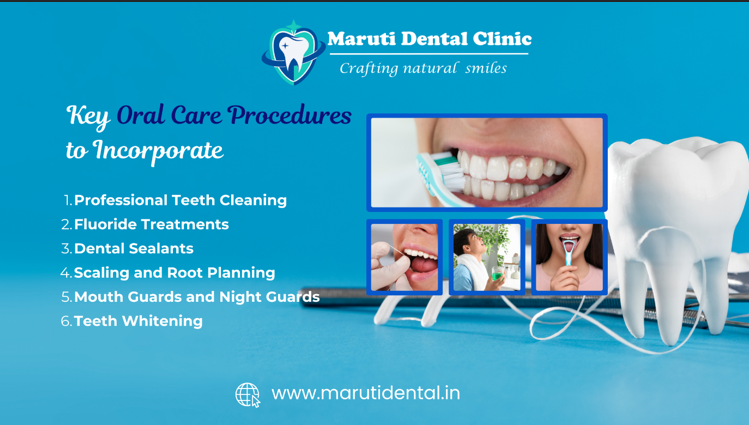If you’ve ever experienced that deep, throbbing ache in the back of your mouth, there’s a good chance it’s your wisdom teeth making their grand (and painful) entrance. These late bloomers typically appear between the ages of 17 and 25 and often come with a host of uncomfortable symptoms. Whether they’re erupting, impacted, or infected, wisdom teeth pain can be downright miserable.
The good news? You don’t have to suffer in silence. In this blog, we’ll cover what causes the pain, how to find wisdom teeth pain relief, and when it’s time to see a dentist or oral surgeon. So, let’s get into it—your mouth will thank you!
What Are Wisdom Teeth, anyway?
Wisdom teeth are the third set of molars at the very back of your mouth. They were useful to our ancestors, who had large jaws and strict diets that quickly wore teeth. But today, with modern diet and small jaw, wisdom teeth are more of a hassle than a help.
Most people have four wisdom teeth—two on the top and two on the bottom. Some people may have fewer, and a lucky few are born without any at all.
Why Do Wisdom Teeth Hurt?
Pain from wisdom teeth can range from mild discomfort to severe, throbbing aches that radiate through the jaw and even cause headaches or earaches. Here are the main reasons they hurt:
- Eruption Pain
As wisdom teeth push through the gums, they can cause inflammation, pressure, and soreness—just like teething in babies.
- Impaction
Often, wisdom teeth don’t have enough space to come in proper direction . They may grow sideways, press against neighboring teeth, or stay trapped under the gums—this is called impaction, and it’s a major source of pain.
- Infection
Partially erupted wisdom teeth can create pockets in the gums where food and bacteria get trapped, leading to infection or a painful condition known as pericoronitis.
- Tooth Decay or Gum Disease
Because they’re so far back, wisdom teeth are hard to clean. That makes them more prone to cavities and gum issues.
Wisdom Teeth Pain Relief at Home: Quick Tips
While professional dental care is essential, especially if your pain is persistent or severe, there are a few things you can try at home to ease discomfort in the short term.
- Salt Water Rinse
Swishing warm salt water in your mouth can reduce inflammation and clean the area. Try it few times a day to relieve minor pain.
- Cold Compress
Apply a cold pack to the outside of your cheek to reduce swelling and numb the pain. 15–20 minutes on, 20 minutes off is a good cycle.
- Over-the-Counter Pain Relievers
Ibuprofen (like Advil) or acetaminophen (like Tylenol) can offer effective wisdom teeth pain relief. Always follow the recommended dosage and consult your doctor if you’re unsure.
- Clove Oil
Clove oil contains eugenol, a natural numbing agent. Dab a small amount on a cotton ball and place it gently on the sore area.
- Hydrogen Peroxide Rinse (Diluted!)
A mix of half water, half hydrogen peroxide can help clean the area and reduce bacteria. Do not swallow it—just swish and spit.
- Avoid Certain Foods
Stay away from extremely hot, cold, sugary, or crunchy foods that can irritate the sore area.
- Good Oral Hygiene
Brush and floss carefully, especially near the back molars. An antibacterial mouthwash may also help.
When to See a Dentist
While home remedies can bring temporary wisdom teeth pain relief, they won’t fix the root cause—especially if the pain is due to impaction or infection. You should definitely see a dentist or oral surgeon if:
- Pain lasts more than 2–3 days
- You notice swelling in your jaw or face
- There’s pus or foul odor from your mouth
- You have difficulty opening your mouth
- You experience fever or chills (signs of infection)
- Your gums are visibly inflamed around the wisdom teeth
Ignoring symptoms can lead to more serious issues like abscesses, cysts, or damage to adjacent teeth.
Professional Treatments That Work
Let’s talk about what dentists actually do when you walk in complaining about your wisdom teeth.
- Examination and X-rays
Your dentist will take an X-ray to see how your wisdom teeth are positioned. This helps determine whether they’re impacted, infected, or crowding other teeth.
- Cleaning and Irrigation
If the area is inflamed due to food or bacteria buildup, your dentist may clean it thoroughly and flush out debris to reduce pain and swelling.
- Prescription Medications
For infections, antibiotics may be prescribed. Stronger painkillers or anti-inflammatories might also be recommended based on your situation.
- Surgical Removal (Extraction)
This is often the most permanent form of wisdom teeth pain relief. The procedure can be done under local anesthesia, sedation, or general anesthesia depending on the complexity.
Don’t let the word “surgery” scare you—millions of people have their wisdom teeth removed every year, and recovery is usually smooth if you follow aftercare instructions.
What Happens After Removal?
Most people recover from wisdom tooth extraction within a few days. Here are some post-op tips:
- Rest and avoid strenuous activities for at least 24–48 hours
- Apply ice to reduce swelling
- Stick to soft foods like soups, yogurt, and smoothies
- Avoid using straws or smoking (this can cause dry socket)
- Keep the area clean with salt water rinses, but don’t brush too close to the site for a couple of days
Pain is usually manageable with prescribed or OTC medication, and most patients feel significantly better within a week.
Can You Prevent Wisdom Teeth Pain?
Here’s the matter: You can’t stop the wisdom teeth from growing, but you can prevent a lot of pain and complications with regular dental visits. Early monitoring through X -rays can show if your wisdom teeth is likely to cause problems down the road.
Some people never have issues and can keep their wisdom teeth. Others may need them removed as a preventive measure—even before they start causing pain.
Final Thoughts
Wisdom teeth may be a natural part of growing up, but the pain they give is not. With a mixture of home nursing and professional treatment, you can relieve , permanent wisdom tooth pain and protect your oral health.
If you feel discomfort behind your mouth, don’t wait until it gets worse. Contact us and check the future of your smile. After all, wisdom should come with age—not aching teeth!



